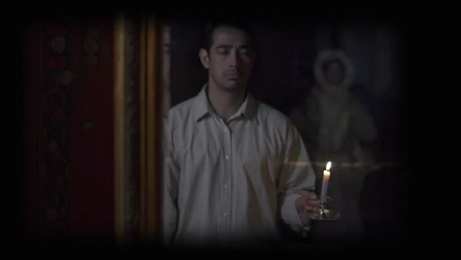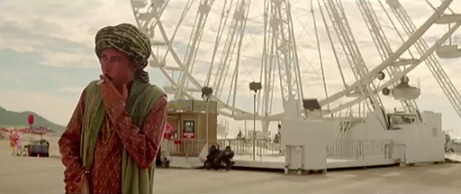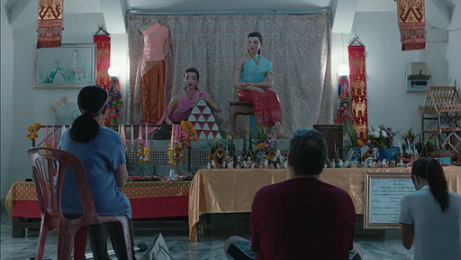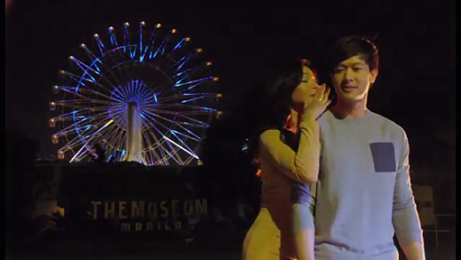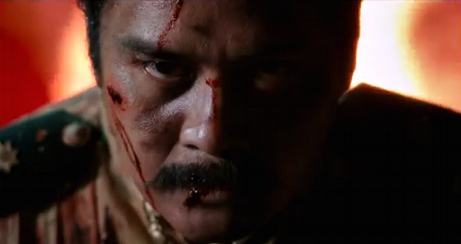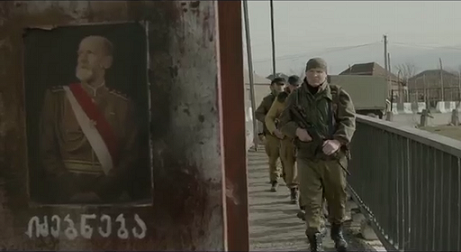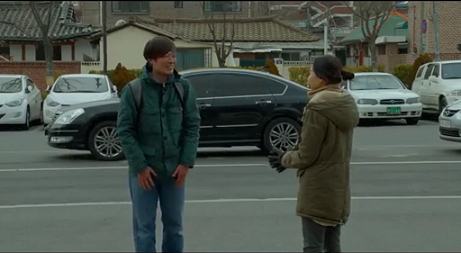By Jake Soriano
(Screenshots from YouTube)
It had been a most satisfying year for Philippine cineastes.
Here are ten films this year that made going to movies an enriching experience:
Apocalypse Child (Mario Cornejo, Philippines). A surfing instructor in Baler (who may or may not be the child of Apocalypse Now director Francis Ford Coppola) and his estranged childhood friend play a sort of emotional chess. Beautifully-shot, this is an emotionally-charged film where emotion manifests as thinking, burning passion as wit, and heartbreak as humor.
Arabian Nights (Miguel Gomes, Portugal). Borrowing the structure of the Thousand and One Nights, this three-part six-hour opus is filled with a collage of overtly political stories, from the election of a rooster to public office to the daily lives of bird-trappers in Lisbon in Portugal. At the film’s heart is the nature of storytelling itself: Gomes, like Scheherazade, tells stories to save his life.
Cemetery of Splendour (Apichatpong Weerasethakul, Thailand). A mysterious sleep epidemic afflicts Thai soldiers, and a woman gets attached to one of the patients. With Weerasethakul’s trademark realism and humor, the scenes and images easily transcend metaphor, making the film all the more potent.
Dahling Nick (Sari Dalena, Philippines). A hybrid docu-fiction film that tells the life of national artist Nick Joaquin while also critically reading his works through adaptation. A significant portion of the film is about the Martial Law era, offering a portrait of Joaquin as a political artist who confronted the dictatorship and stood up for other writers.
Esoterika Maynila (Elwood Perez, Philippines). Vampires, socialites, a transgender woman are only among the few characters that populate the Manila of this film. If there is nothing like it in the history of cinema, it’s because Perez is, and has always been, one of a kind. In Tagalog, English, French and Spanish.
Ex With Benefits (Gino Santos, Philippines). A great melodrama that calls to mind those by Ophuls, Fassbinder and Sirk in both their subversive social critiques and mastery of form. Santos matches huge emotion with deft touches, filming characters moving gracefully to music, and using the camera to annotate action. In one brilliant maneuver, a wobbly camera films the lead actors negotiating their romance. The turnaround, the profession of love, is matched literally by the camera circling around the lovers.
Heneral Luna (Jerrold Tarog, Philippines). A biopic of the Filipino hero Antonio Luna that is at once great history and great cinema. Tarog is among the most precise of filmmakers, like Chantal Akerman or Robert Bresson; every motion by the camera and what’s in front of it is perfectly timed, and nothing is inconsequential.
President (Mohsen Makhmalbaf, Georgia). A despot, toppled by a revolution, flees with his grandson and finds out about the lives of those who have suffered under his rule. What begins as almost an abstraction of despotism develops into a film of very moving humanism.
Right Now, Wrong Then (Hong Sangsoo, South Korea). A director arrives early at the premiere of his film. He goes to a temple to pass time and meets a woman. They talk. The night ends badly. The story is re-filmed, and the variations are what charge the film with robust emotional punches. Jeong Jae-yeong, who plays the director, gives one of the most outstanding performances of the year.
Trainwreck (Judd Apatow, US). A twenty-something magazine writer who drinks too much and sleeps around too much meets a successful sports doctor, who she likes and who seems to also like her. One of the funniest films of the year, and also one of the most moving.
